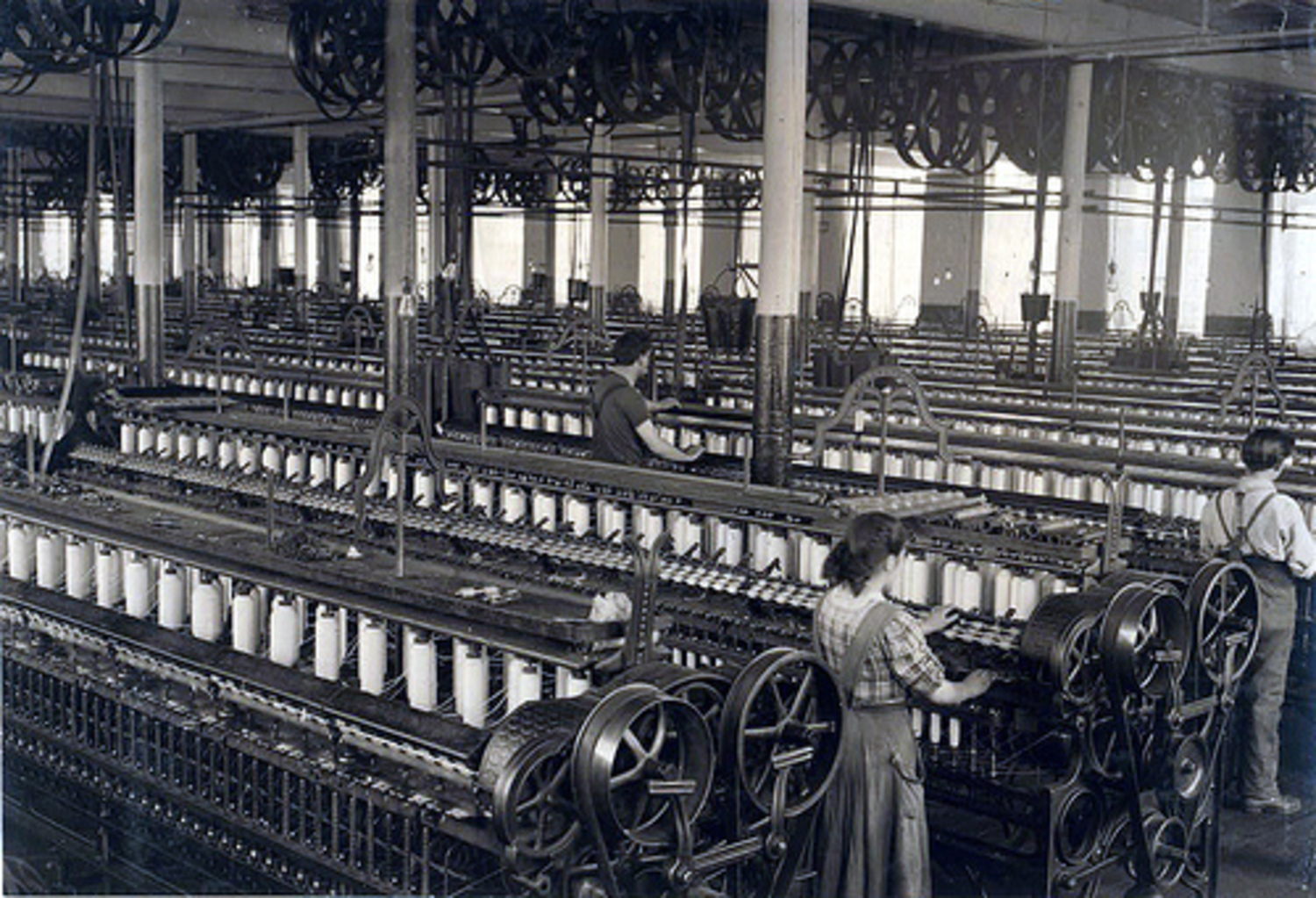The Industrial Revolution brought about profound changes in society, including shifts in the roles and opportunities available to women. Traditionally confined to domestic chores and agricultural labor, women found new avenues for economic independence and social mobility in the burgeoning textile industry. Francis Cabot Lowell, a visionary entrepreneur and innovator, played a pivotal role in transforming the landscape of women’s work in the United States through his pioneering efforts in textile manufacturing.
Revolutionizing Textile Production
Francis Cabot Lowell’s most enduring legacy lies in the development of the Lowell System, a groundbreaking model of textile production that revolutionized the industry and transformed the lives of countless women. Inspired by the success of British textile mills, Lowell established the first integrated textile mill in the United States in the early 19th century, combining spinning and weaving operations under one roof and employing young women as factory workers.
Employment Opportunities for Women: The Mill Girls
The establishment of Lowell’s textile mills created unprecedented employment opportunities for women, particularly young unmarried women from rural areas seeking economic independence. These “mill girls,” as they came to be known, flocked to Lowell’s factories in search of steady wages, educational opportunities, and a chance to escape the drudgery of farm life. Lowell’s mills offered women higher wages and better working conditions than many other industries of the time, attracting a diverse workforce of skilled laborers.
Empowering Women through Education and Community
In addition to providing employment, Lowell’s textile mills offered women access to educational opportunities and a sense of community and camaraderie. The mills sponsored lectures, literary societies, and educational programs aimed at enriching the lives of their workers and fostering a spirit of intellectual curiosity and personal growth. Women seized the opportunity to expand their horizons, learning new skills, engaging in cultural activities, and forming lasting friendships with their fellow mill workers.
The Lowell Offering
One of the most significant contributions of Lowell’s mills to women’s empowerment was the publication of the Lowell Offering, a literary magazine written by and for the mill girls. The magazine featured poetry, essays, fiction, and artwork created by the women themselves, providing a platform for their voices to be heard and their talents to be recognized. Through the pages of the Lowell Offering, mill girls expressed their aspirations, experiences, and perspectives on a wide range of topics, including labor conditions, women’s rights, and social reform.
A Catalyst for Change
Francis Cabot Lowell’s innovative approach to textile manufacturing not only revolutionized the industry but also served as a catalyst for social and economic change, particularly in the realm of women’s rights. By providing women with opportunities for gainful employment, education, and self-expression, Lowell’s mills challenged traditional gender roles and paved the way for greater gender equality and empowerment in American society. The legacy of the Lowell System endures as a testament to the transformative power of entrepreneurship, innovation, and social responsibility in advancing women’s rights and opportunities.
Francis Cabot Lowell’s Enduring Legacy
In conclusion, Francis Cabot Lowell’s pioneering efforts in textile manufacturing played a pivotal role in transforming the role of women in the United States during the Industrial Revolution. Through the establishment of integrated textile mills and the creation of the Lowell System, Lowell provided women with unprecedented opportunities for economic independence, education, and community involvement. The legacy of Lowell’s mills lives on in the stories of the mill girls who found empowerment and fulfillment within their walls, paving the way for future generations of women to pursue their dreams and aspirations.
